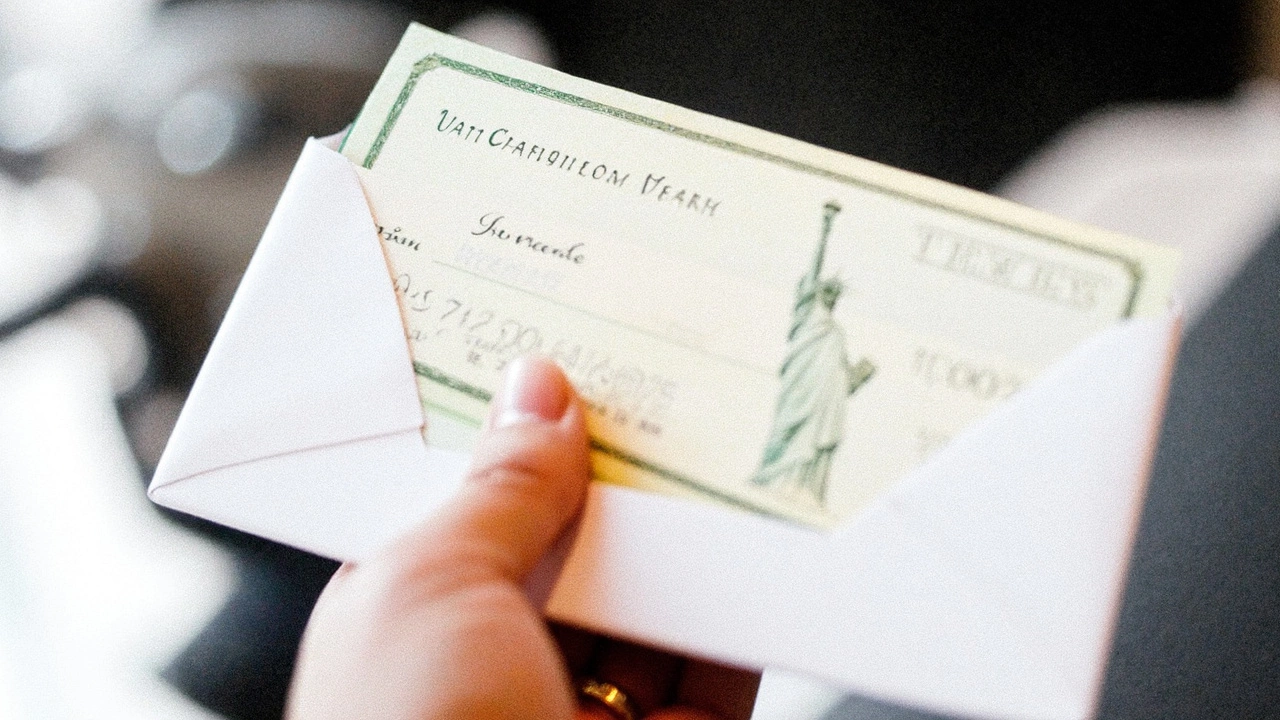The IRS is stepping up to mend some oversights by distributing a total of $2.4 billion in stimulus payments to nearly 1 million taxpayers. Each IRS stimulus check amounts to $1,400, targeted at individuals who didn't claim the Recovery Rebate Credit on their 2021 tax returns. These were missed opportunities from the COVID-19 pandemic Economic Impact Payments. The IRS, tapping into its analytical prowess, has identified those eligible and is sending out payments automatically. Lucky recipients won't have to lift a finger; checks are either directly deposited or mailed.
What's admirable is the simplicity of this process—no need to file amended returns. All this is unfolding with the anticipation that most payments will be sorted by late January 2025. It's a neat little windfall, but how can one get the most out of this unexpected cash?
Managing Your Windfall Wisely
With the extra $1,400 at your disposal, consider the following savvy strategies:
- Boost Short-term Savings: Move the money directly into a savings account. Not only does this prevent accidental spending from your checking account, but it also starts earning interest quite literally from day one. It's a safe cushion during uncertain times.
- Tackle High-interest Debt: Use these funds to bring down burdensome debts. Think high-interest credit cards or nagging student loans. It might not settle everything, but every bit helps chip away the mountain of debt, reducing financial stress in the long run.
- Invest for the Future: If your debt isn't an issue, why not dive into investments? Low-cost index funds, such as the S&P 500, are a solid option. Over time, compound growth can work magic, turning your $1,400 into much more.
- Prepare for Tomorrow: Whether it's for emergencies, education, or even retirement, setting this money aside has its merits. An education fund might ease future tuition fees, or a small retirement account contribution could bloom into substantial savings come your golden years.
Understanding the Context
These stimulus checks are not just a rerun of your typical tax refund. They address the missed pandemic relief, ensuring folks don't slip through the cracks of governmental aid. If you haven't filed your 2021 returns yet, remember, there's a deadline: April 15, 2025. File sooner to snag any missed credits and refunds, completing the circle of pandemic-era financial support.
This initiative is a testament to the IRS's intent to uphold fairness and support during tough times, nudging citizens towards a financially healthier future without requiring more paperwork. So, as those checks roll out, take a moment to plan wisely and make the most of your newfound financial windfall.





